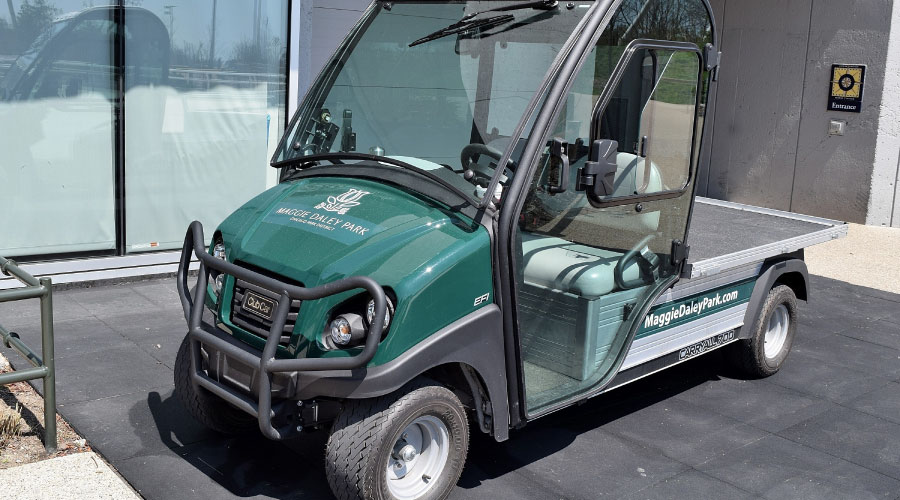
EPA Answers Questions on Lithium Ion Batteries
The batteries are having a growing impact on everything in institutional and commercial facilities from electric vehicles to power tools. August 9, 2023
By Dan Hounsell, Senior Editor
Lithium-based batteries are having a growing impact on everything in institutional and commercial facilities from electric vehicles, power tools, e-scooters and personal electronics. As a result, maintenance and engineering managers are asking more questions regarding the proper management and disposal or recycling of the batteries at the end of their lives.
In response, the U.S. Environmental Protection Agency (EPA) recently issued a memorandum, “Lithium Battery Recycling Regulatory Status and Frequently Asked Questions,” that aims to clarify the way the EPA’s current hazardous waste regulations under the Resource Conservation and Recovery Act (RCRA) apply to lithium batteries. It also describes the handling requirements imposed on companies generating the waste batteries and recycling facilities ultimately receiving the waste batteries.
“Recent interest in the regulation and management of lithium-ion batteries at end of life has prompted the EPA to examine specifically how universal waste handling requirements, hazardous waste recycling regulations, and other RCRA Subtitle C provisions apply to this waste stream, according to the memorandum. “Today the agency is clarifying that most lithium-ion batteries are likely hazardous waste at end of life and that they can be managed under the streamlined hazardous waste management standards for universal waste until they reach a destination facility for recycling or discard.”
Dan Hounsell is senior editor of the facilities market. He has more than 30 years of experience writing about facilities maintenance, engineering and management.
Next
Read next on FacilitiesNet












